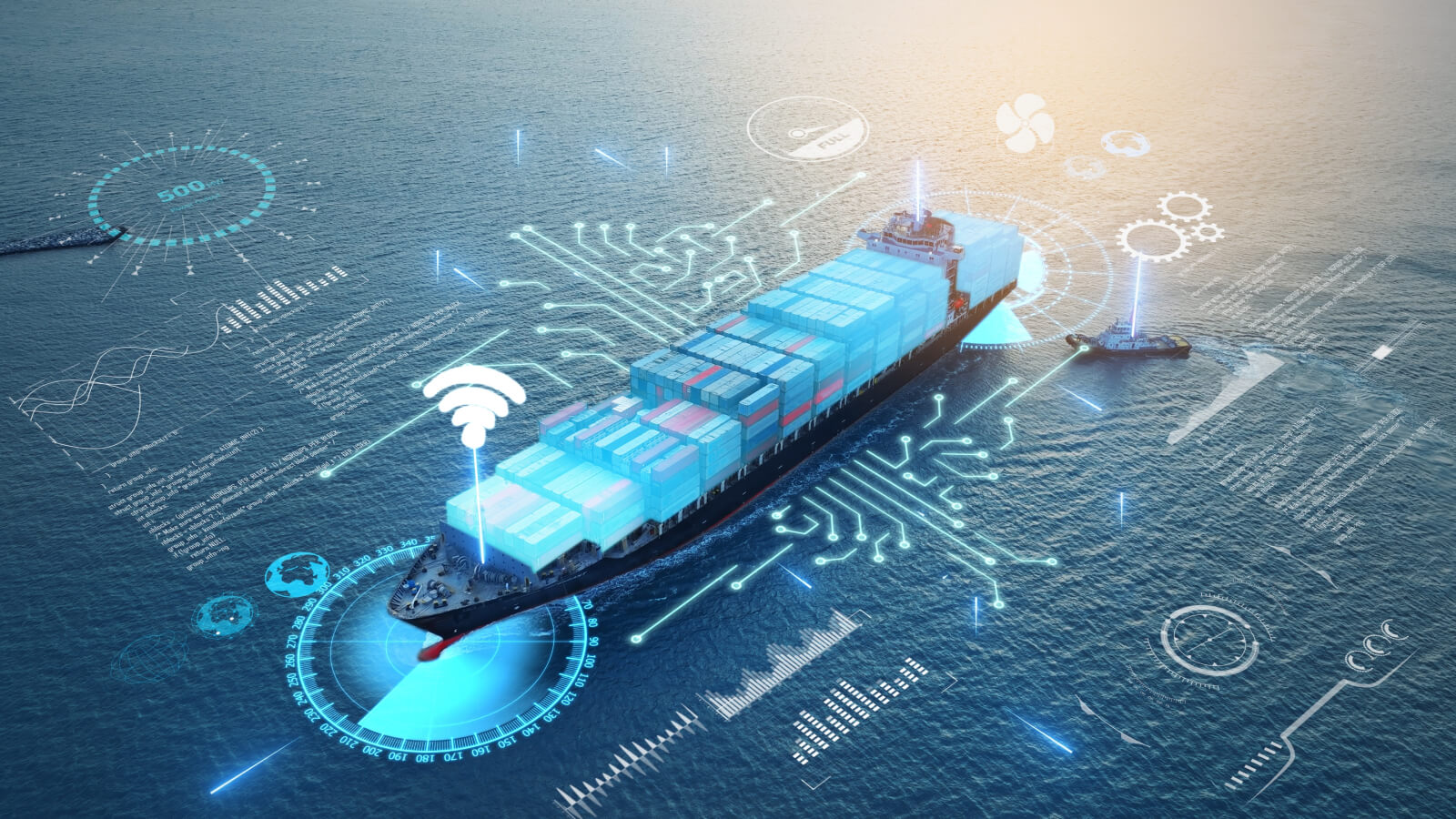
The supply chain industry has only scratched the surface of the value that AI can unlock. Data is the backbone of AI, and this industry is sitting on a treasure trove of it — from inventories and temperatures to dwell times and ETAs. The more accurate, reliable, and relevant data becomes, the better it serves as high-quality fuel for advanced AI, opening up a world of possibilities for innovation and growth.
As organizations continue to automate and then optimize their processes with AI, exciting future opportunities are quickly approaching. Here is what the supply chain industry should expect to see in 2024 and beyond.
Because high-quality data is the foundation of accurate learning models, we’re seeing an increased focus on data reliability and relevance from companies hoping to optimize their supply chains with AI. Of particular importance is achieving lower latency, with large volumes of data that can be gathered and analyzed quickly to aid real-time decision-making.
The coming months should also bring about faster and better integration of various types of data, allowing companies to plug their logistics data directly into their overall supply chain management. These data will also be in different data formats, such as images and PDFs that can be better handled by AI tools for recognition and understanding.
A company’s ability to accurately predict the future ripple effects of major events, from severe weather to geopolitical conflicts, has always been a competitive advantage in its supply chain performance. As source data continues to improve and as multiple sources of data become easier to connect, AI models should become better and better at predicting future disruptions and empowering companies to act on them.
This year, we can expect to see measurable improvements in forecasting around specific variables, such as shifts in inventory or dwell times. Companies should also be able to better predict savings from logistical adjustments — like changes in drivers’ schedules and routes, for example — and use that to determine optimal pricing that’s as close to the market price as possible. The cost-saving implications of these accurate, actional predictions can be tremendous.
Beyond logistics and business performance, AI in 2024 has the potential to change and even improve the human experience within the supply chain.
Generative AI and large language models have been the talk of the town these past 12 months, and they are already being put to work to provide better support for customers. Conversations that used to take place over the phone or email are increasingly handled, quite adeptly, by chatbots. Newer LLMs can instantaneously summarize a large FAQ document or answer a specific customer question that previously required hours of research. In the coming year, we should see these services pulling from multiple databases and becoming increasingly multi-modal, pulling from audio, images, PDFs, and more.
As these technologies advance, we should also likewise see the supply chain industry advance, as well. Supply chain has historically lagged behind other industries in digitizing, with many companies hanging on for dear life to their phone lines and spreadsheets. However, the AI wave makes it more important than ever for supply chain players to brush up on their knowledge of the latest tools and capabilities in order to keep up with the competition.
And because the supply chain is rich with big data, we should expect to see the industry increasingly attract technologists who want to dive in and create new models of their own. Fears of AI taking everyone’s jobs certainly don’t apply here: engineers looking for problems to solve will have plenty of opportunities in the supply chain industry, helping everyone along the chain get smarter in the process.
Technology is evolving at a breakneck pace. In the coming months and years, we’ll see data become increasingly rich and accurate, creating exponential downstream opportunities for tomorrow’s AI tools. As a result, AI’s predictions will likewise become more accurate and clear, helping supply chain leaders make strategic, cost-saving moves. And far from taking over humans, tomorrow’s AI tools will make human experiences more fruitful and enjoyable. The benefits of AI for the supply chain are incredibly exciting, and they have only just begun.